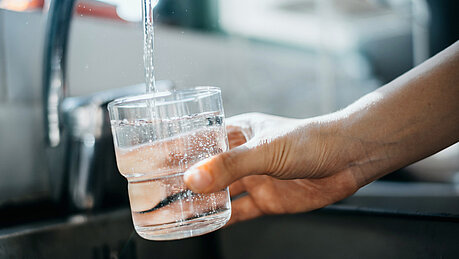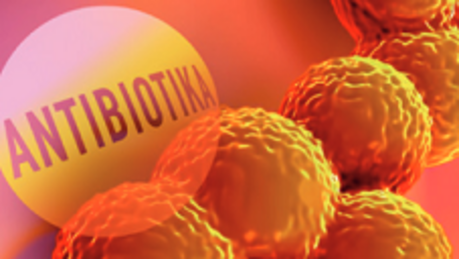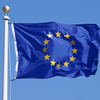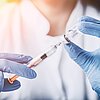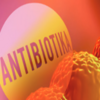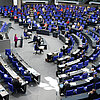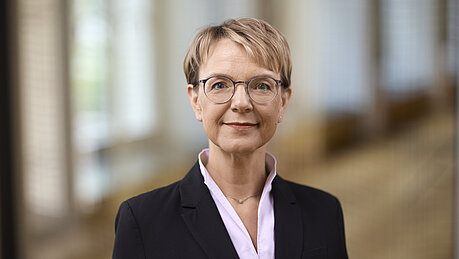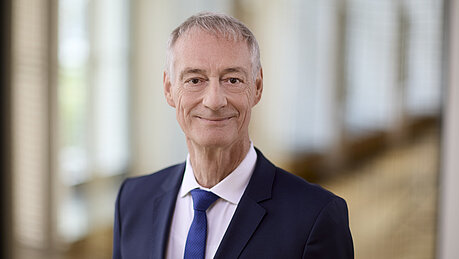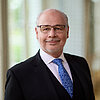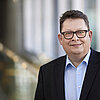More than EUR 56 million raised to fund initiative to fight antibiotic resistance
Germany hosts pledging event for GARDP, a new initiative to develop new antibiotic treatments
4 September 2017. Germany together with a number of countries and foundations today pledged EUR 56.5 million to help develop new treatments to fight against antibiotic resistance, during a fundraising event for the Global Antibiotic Research and Development Partnership (GARDP), hosted in Berlin by the German Federal Ministry of Health and the German Federal Ministry of Education and Research.
Despite the growing problem of global antibiotic resistance, very few new antibiotics have entered the market in the last decades. In response, the G20 under Germany's presidency has pledged to invigorate research and development efforts to find new drugs. The fact is that we cannot do without antibiotics. The additional EUR 56 million in funding made available today for the Global Antibiotic Research and Development Partnership (GARDP) is a major step forward in the fight against the global health risk that antibiotic resistance presents.
While antibiotic drug resistance is a recognised global public health threat, there are not enough new innovative treatments in the clinical pipeline that can overcome increasing resistance. Over the last thirty years, a combination of complex science, diminished return on investment led many companies to abandon their antibiotic development programmes.
Launched in May 2016 by the World Health Organization (WHO) and the Drugs for Neglected Diseases initiative (DNDi), GARDP aims to develop and deliver new treatments for bacterial infections where drug resistance is present or emerging, or for which inadequate treatment exists, while endeavouring to ensure sustainable access. In its 2017-2023 Business Plan, GARDP aims to develop up to four new treatments through the improvement of existing antibiotics and acceleration of the entry of new chemical entities.
Funding will support GARDP’s four programme areas:
-
Sexually-transmitted Infections: GARDP has developed a roadmap to treat STIs, starting with a focus on gonorrhoea. In July 2017, in its first partnership with a company, GARDP announced its plans to co-develop zoliflodacin, one of the few drugs in the pipeline to treat drug resistant gonorrhoea, in a global Phase III clinical trial. Latest WHO data shows that more than 60% of countries surveyed across the world have reported resistance to the last- line antibiotic.
-
Antimicrobial Memory Recovery and Exploratory programme: The Memory Recovery programme will engage more than 100 world-class experts in its bid to recoup essential knowledge and lost memory of abandoned antibiotic development projects to help identify new drug opportunities. A digital hub, “REVIVE”, will provide a space for experts and new researchers to network and learn.
-
Neonatal Sepsis: An estimated 214.000 neonatal sepsis deaths each year are believed to result from drug-resistant infections. GARDP will initiate work to develop new treatment regimens for babies with neonatal sepsis.
-
Paediatric Antibiotic Platform: Currently in development, this programme aims to optimize current treatments and accelerate the development of new antibiotics specifically adapted for children, through an R&D programme which expects to include a network of clinical trials.
Pledges for GARDP announced at the Berlin event include support from the Netherlands (EUR 2 million), Switzerland (CHF 500.000 over 2 years – EUR 440.000), South Africa (ZAR 6 million over 3 years - EUR 390.000), the Wellcome Trust (up to GBP 1 million), Luxembourg (EUR 100.000), United Kingdom (up to GBP 1 million) and Germany (EUR 51,35 million).
Additional information
-
www.gardp.org
Official Homepage of the Global Antibiotic Research and Development Partnership (GARDP) where you can read more about their strategies, programmes and publications


